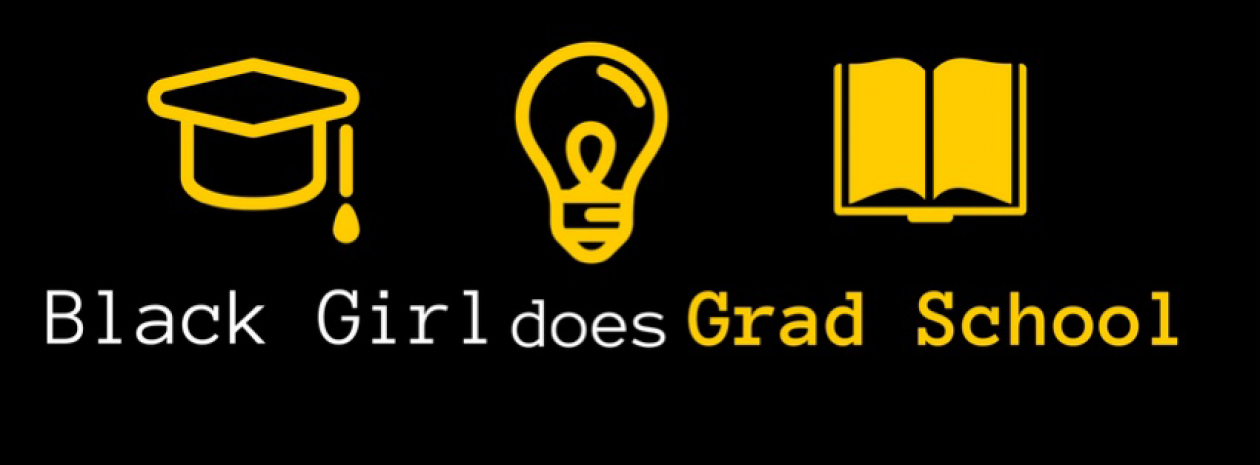One of the best things about my life as an American Studies graduate student this year is my role as an assistant to the Lemon Project: A Journey of Reconciliation. I’ve written about the Branch Out Alternative Break that I’ve done with the Lemon Project, yet never about the other responsibilities that I have. As a project committed to rectifying wrongs perpetrated against African Americans by the College of William & Mary, we bridge the gap between the College, community members and the greater Tidewater area through research, community outreach and student engagement. We are responsible for putting together an annual report on the Lemon Project’s findings and other engagements, putting on an annual Symposium, organizing a Alternative Break trip that is public history oriented, and orchestrating a couple of smaller gatherings (Porch Talks) every semester.
The idea behind the Porch Talks is that they would be informal gatherings where you learn from your elders. The topics would be pertinent to the Lemon Project’s mission or things that are relevant to the College or community. I was deeply excited for the first Porch Talk of this semester on Student Activism because it was my brain child. The Lemon Project team went to a symposium on slavery last fall at the University of Virginia, where my coworker, Sarah and I, attended a panel on the removal of Confederate monuments at Clemson University. One of the panelists, an undergraduate student named Khayla Williams, stood out to us. Passionate, quick-witted, and oh so smart, Khayla was the portrait of successful student activism. As we listened to her story about how a group of students at Clemson had staged a ten day sit-in (now referred to as the Sikes Sit-In) and how the administration had begun to listen afterwards, we knew her experiences and her story might be a valuable one for student activists at William & Mary to hear.
After the panel, I gave her my card and she e-mailed me, which began a steady stream of correspondence in which we arranged for her to visit the College to give a talk similar to the one she had given at UVA.
Before I knew it, February 1st was here and I was eagerly awaiting her arrival for her talk that evening. 5 o’clock came and I was astounded at the turn out. We had amassed a substantial crowd of around twenty or so people primarily composed of undergraduate students, an atypical make up for Lemon Project Porch Talks. After I introduced Khayla, I sat with my camera out, ready to take the occasional photograph, when suddenly, I found myself enthralled by her words, eagerly taking in every bit. She spoke about herself, how she came to activism, how the term activist was strange to use to describe herself, yet one that she accepted. She spoke about Clemson, about the culture, about the Sikes Sit-In. And she spoke about what they did after the Sit-In to keep the momentum going. Her suggestions were encouraging and manageable. Khayla suggested that first, we continue to talk about the event after it happens. Educate younger students about how and why protests have occurred so they can pick up where you left off. She suggested, second, to work in teams. You need a variety of people to make a movement happen. And finally, she reminded us to make it bigger than a one organization problem. An incident of racism shouldn’t just be a BSO problem– it should be a school wide problem. Make it so.
I was impressed with how she commanded space so easily and how conversational her talk was. It flowed neatly into a workshop, where she came prepared by looking into incidents which had happened at William & Mary and helped students work through how they could then organize to address these problems. Her suggestions were primarily based on things which had worked at Clemson: a sexual assault alert system, making demands of the administration, keeping a record– but that was the key, these things had worked. I hoped the students in attendance understood her point that her suggestions were “not a blueprint” but also understood that these were actionable things.
I’m glad William & Mary students got a chance to meet Khayla. Sometimes it’s nice to have a fresh pair of eyes on your situation to give you some perspective. I don’t think Khayla gave them any answers (though she never claimed to, and at any rate who could?) but I do think she gave them something to consider as they move forward onto whatever their next activist project may be and, hopefully, some perspective.
I dropped her off at the airport after passing an amicable hour alternatively chatting and humming to the radio. As she walked through the doors, I found myself thinking about how much I learn outside of the classroom and from people who aren’t my professors. I’m so grateful for my assistantship with the Lemon Project, which forces me think critically in a different way and has brought me so many teachable moments.




